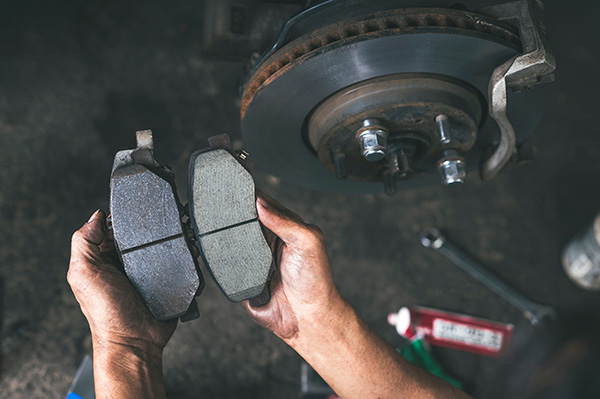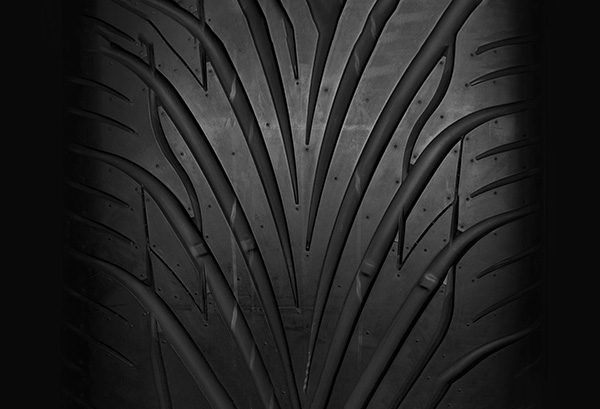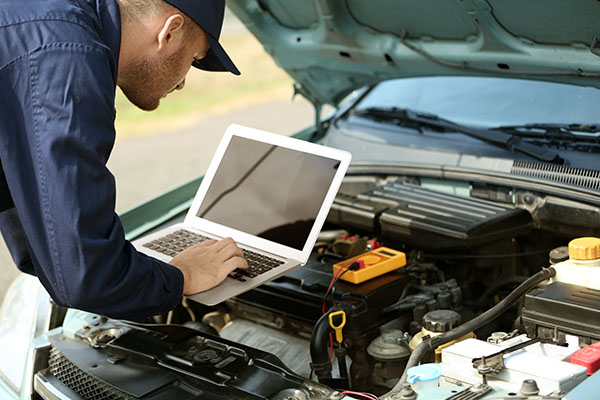Posted on 5/29/2024

Have you ever found yourself in a situation where your car breaks down, and you're unsure whether it's safe to drive or if you need to call for a tow? Making the right decision can be crucial for your safety and the condition of your vehicle. In this article, we'll explore various scenarios where towing may be necessary and help you make an informed choice between towing and driving. Engine Overheating If your engine temperature gauge spikes into the red zone, it's a clear sign of overheating. Driving with an overheated engine can cause severe damage, including blown gaskets or even engine failure. To prevent further damage, it's best to pull over immediately and call for towing. Transmission Failure When your transmission fails, you may experience symptoms such as grinding noises, slipping gears, or difficulty shifting. Continuin ... read more
Posted on 4/27/2024

Brakes are a critical safety component of any vehicle, but how do you know when it's time to replace them? These warning signs indicate your brakes may need attention to help you stay safe on the road. Squealing or Grinding Noises One of the most common indicators of worn brake pads is a high-pitched squealing sound when you apply the brakes. This noise is caused by a wear indicator built into the brake pad, alerting you that it's time for a replacement. If you hear a grinding noise, it could mean the brake pads have worn down completely and metal is grinding against metal, posing a serious safety risk. Vibrations or Pulsations If you feel vibrations or pulsations through the brake pedal or steering wheel when you apply the brakes, it could indicate warped brake rotors. Warped rotors can affect the braking performance, causing uneven braking and longer stopping distances. Ignoring these symptoms can lead to further damage to the braking sys ... read more
Posted on 3/29/2024

Your tires are the only point of contact between your vehicle and the road, making their condition crucial for safety and performance. One vital aspect of tire health is tread depth, which directly impacts traction and handling. Let's take a look at two straightforward methods to measure tire tread depth and ensure your tires are road-ready. The Penny Test - A Classic Approach Step 1: Grab a Penny The penny test is a tried-and-true method for checking tire tread depth using nothing more than a common coin. First, locate a penny and ensure that President Lincoln's head is facing you. Step 2: Insert the Penny Place the penny into a tread groove with Lincoln's head facing down. Ensure that the penny is inserted with the top of Lincoln's head pointing toward the tire. Step 3: Evaluate Tread Depth Observe how much of Lincoln's head is visible above the tread surface. If the top of Lincoln's head is fully visible, it indicates ... read more
Posted on 2/29/2024
%20(1).jpeg)
Long car drives or road trips can be exciting adventures, but they also require careful planning and preparation to ensure a smooth and enjoyable journey. Whether you're going on a cross-country road trip or a weekend getaway, these seven tips will help you stay safe, comfortable, and stress-free on the road. Plan Your Route Ahead of Time Before hitting the road: Take the time to plan your route carefully. Use GPS navigation or online mapping tools to identify the best routes, rest stops, and points of interest along the way. Consider factors such as traffic conditions, road closures, and weather forecasts to avoid any unexpected delays or detours. Pack Essentials for Comfort and Safety Pack a travel bag with essential items to keep you comfortable and safe during your journey. Include items such as snacks, water, a first aid kit, an emergency roadside assistance kit, blankets, pillows, and entertainment o ... read more
Posted on 1/29/2024

You're on the verge of buying a car, your heart is set on it, but there's a niggling doubt in the back of your mind. What if there are hidden issues? Here's where a vehicle pre-purchase inspection comes into play, turning your doubt into confidence. What Are Vehicle Pre-Purchase Inspections Vehicle pre-purchase inspections are precisely what the name implies. Certified technicians inspect the vehicle and its vitals before you make the purchase. It's like a health check-up for cars, ensuring that you're investing in a vehicle that's good in appearance and performance. It really is as simple as that - giving yourself a piece of mind, just like you would with a new house and property evaluation. Are Pre-Purchase Inspections Important? Absolutely! These inspections are crucial. They're no ... read more